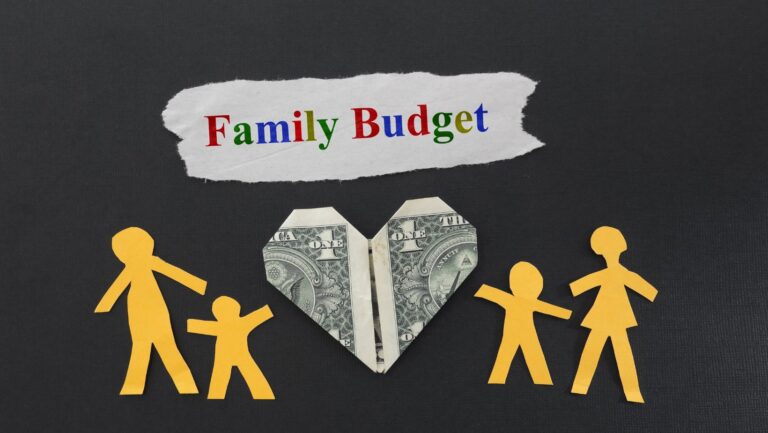A family budget is a crucial part of managing your household finances. Having a budget allows you to track income and expenses, identify areas to cut costs, and work towards financial goals. While creating a budget takes effort, having one in place can reduce money-related stress and help your family become more financially stable. This article provides tips to help you successfully create and maintain a family budget.
Track Your Income and Expenses
The first step is gathering all details of your family’s income sources and expenses. This includes:
- Income – Take-home pay, benefits, foster care allowance, child maintenance payments, etc. You can find out more about the fostering allowance at www.thefca.co.uk. Be sure to include all sources of income, even occasional or irregular ones like gifts or tax refunds.
- Fixed Expenses – Housing, utilities, phone/internet, insurance, loan payments, etc. Also, account for annual expenses like subscriptions or memberships that you pay monthly or quarterly.
- Variable Expenses – Groceries, petrol, clothing, entertainment, miscellaneous items. Try to get a sense of your average spending in these categories each month.
Track all income and expenses for 1-2 months to get an accurate idea of your spending habits. Use bank statements, receipts and an expense tracking app if needed.
Set a Realistic Budget
Once you have a clear picture of your finances, it’s time to make a budget. Include all sources of income, then make categories for expenses like housing, food, transport, etc. Allocate estimated amounts for each category based on your tracking.
Make sure your total expenses align with your income – don’t create an unrealistic budget you can’t stick to. Build in a buffer for unexpected expenses as well as periodic expenses that only come once or twice a year.
Involve the Whole Family
Get input from everyone in the household when making the budget. Discuss priorities and how to allocate funds. Agree on categories and amounts. Making a budget is a team effort. If the kids are old enough, consider giving them a small budget for expenses like clothing or entertainment. This teaches money management.
Make Savings a Priority
Pay yourself first by allocating money to savings each month. Even small amounts like £50 or £100 add up over time. Savings provide a buffer for emergencies and help you work towards financial goals. Try to save at least 10-15% of your income if possible. Open a high-yield savings account to earn interest on your savings. Set up automatic monthly transfers from your current account to savings so the money is put aside without you having to think about it. Another option is setting up a checking account for your family. You can easily open this account online, and don’t forget to take a look at checking account bonus offers banks provide, as you can get some extra cash for your family budget.
Automate & Streamline
Set up automatic payments for fixed expenses. Pay bills online to avoid late fees. Make a meal plan and make one big grocery trip per week.

Limit eating out. Automating and streamlining your routine makes budgeting much easier. Set bill payment dates right after your paydays so the money is there to cover them. Use bank alerts to notify you when balances get low so you can transfer funds. Consolidate credit cards to simplify tracking – set the payment to deduct the full balance each month. Unsubscribe from unnecessary subscriptions and memberships that are not being used. Every small change adds up.
Re-Evaluate and Adjust
Check your budget monthly to see if you need to adjust categories. Re-evaluating helps you stay on track. If you go over budget one month, look for areas to cut back the next month. Don’t be discouraged – changing ingrained spending habits takes time. Persistence pays off.
Using a budget takes dedication but gets easier with time. Stick with the process for a few months to make it a habit. A budget reduces money stress and helps your family gain financial freedom.





